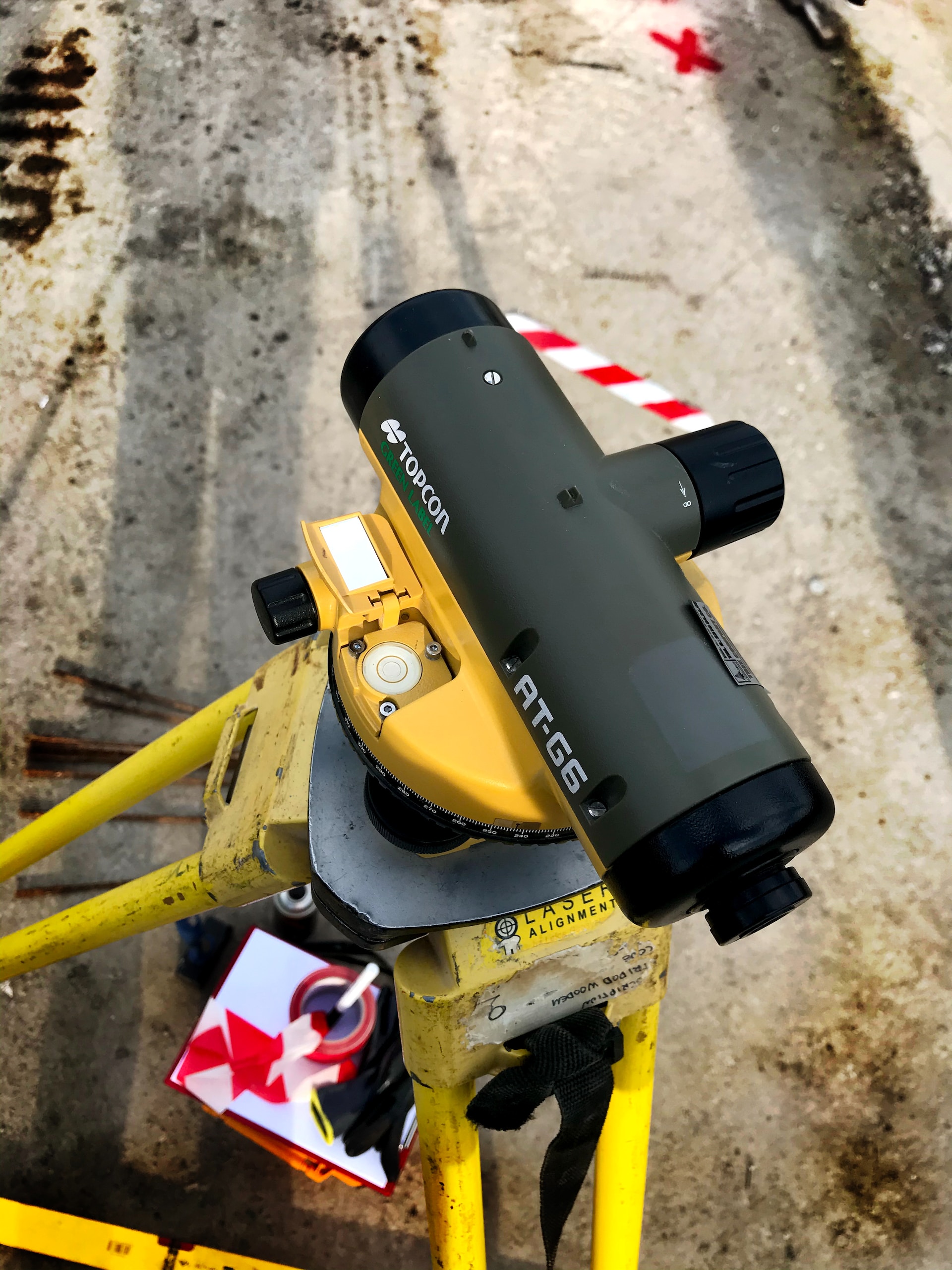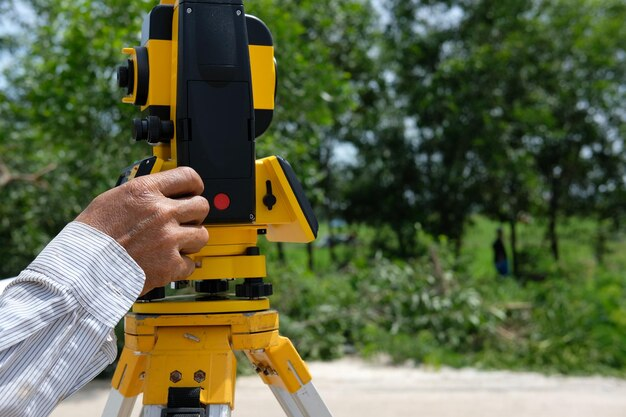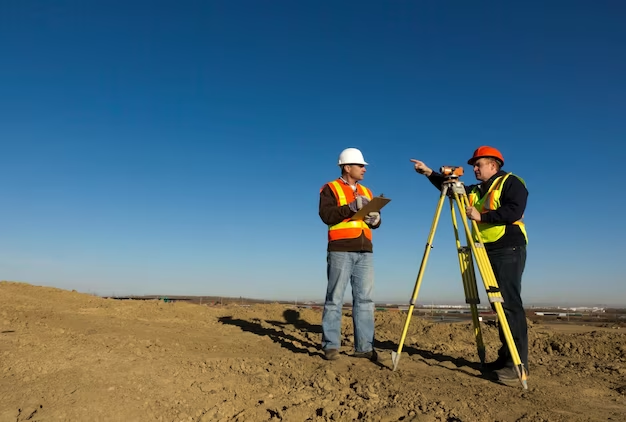Land surveyors are required to offer precise information on the land when civil engineers initially prepare to develop a property. As a result, civil engineers who wish to execute their jobs correctly need land surveyors. Civil engineers may improve their project’s safety, efficiency, and compliance with numerous standards by working closely with land surveyors. Learn more about the work of land surveyors and how they might help with civil engineering projects and construction staking.
What does it mean to be a land surveyor?
Land surveyors are needed whenever someone or a company buys a piece of property with the intention of developing it. Land surveyors are in charge of charting and measuring a property’s land in order to determine its borders. They provide information on the geography of the site as well as any existing structures or improvements. Surveyors are frequently hired for building, engineering, and mapmaking projects because they can provide clients with accurate measurements and data about a place.
Land surveyors routinely advise the work of other professions due to their competence in calculating land sizes, topographic heights, and land measures. They frequently direct the work of geologists, town planners, developers, architects, and engineers, for example. They can even be found in official roles, assisting sewage, electricity, and water agencies in receiving the information they require to do their duties effectively.
Land surveyors are generally found to take measures at the start of a construction project or development. They take their measurements, map the area, and send this knowledge to architects, who utilize it to plan projects that take into account the surrounding environment. Engineers use the information provided by land surveyors to ensure that any planned structures are safe.
What is the relationship between land surveying and civil engineering?
Civil engineers assist organizations in the construction of pipelines, bridges, and canals. While public works projects, civil engineers also assist organizations in the construction of pipelines, bridges, and canals. Land surveyors play a significant role in civil engineering since structures are frequently built on top of the environment.
Civil engineers need precise land surveys before beginning because infrastructure must be safe and suit the ground it is built. A land surveyor gives engineers the information they need to make sure their project doesn’t harm protected areas. They also provide engineers with the measurements they need to ensure the safety of any construction they construct. Engineers can even enlist the aid of land surveyors to guarantee that their project runs well.
A surveyor will seek many land attributes to support a civil engineering project. They’ll often comment on the land’s characteristics, such as whether it’s green, rocky, clear, forested, flat, or uneven. They’ll also measure relative altitudes and collect data on angles and distances between important points.
What is the importance of land surveying in civil engineering projects?
One of the most important reasons that land surveyors are needed in civil engineering projects is because they supply precise data that engineers may use in their recommendations. Land surveyors are also significant for construction staking because they may assess high-risk locations and assist in the resolution of legal disputes. See us at Redhawk Surveying for land surveys, boundary surveys, and topographical surveys.








+ There are no comments
Add yours